
Improving Outcomes and Mortality from Fentanyl - MOUD Split Dose, Toxicology, Breastfeeding
-
Register
- Non-Member - $39
- Regular Member - $29
- Retired - $29
- Early Career Physician - $29
- Resident - $19
- Student - $19
- Associate - $19
- ASAM Staff - Free!
- International Member - $29
- Emeritus Member - $29
- Provisional Member - $29
- Fellow Member - $29
- Honorary Member - $29
- CRT Member - $29

Improving Outcomes and Mortality from Fentanyl - MOUD Split Dose, Toxicology, Breastfeeding
Recorded: Thursday, April 4, 2024 to Sunday, April 7, 2024
On-Demand Session
Overview
This 75-minute on-demand session from the ASAM 55th Annual Conference addresses treatment with Methadone split dose and 72hr dispensing, and how to support marginalized and structurally oppressed birthing people to make healthy choices and to engage in evidence-based services that secure access, equity, value-based caring and optimal outcomes.
Whole person SUD care approaches health as an integrated spectrum of disease and wellness that is biological, behavioral, environmental, and social; prioritizing the individual, tools for spiritual and emotional care, and efforts to address policy and economic level stressors to improve health. Treatment with MOUD supports access, equity, value-based caring and optimal outcomes. Shared-decision making on toxicology and breastfeeding is a human right. The workshop will highlights opportunities for providers to be a champion for the health of their patients.
The target audience for this Introductory level session includes physicians, nurse practitioners, physician assistants, other clinicians, researchers, residents, fellows, students, and counselors.
This session addresses the following ACGME Competencies: Patient Care and Procedural Skills, Medical Knowledge, Practice-based Learning and Improvement, Interpersonal and Communication Skills, Professionalism, Systems-based Practice
This session addresses the following ICPE Competencies:Values and Ethics, Roles and Responsibilities, Interprofessional Communication, Teams and Teamwork
Learning Objectives
Upon completion, learners will be able to:
- Upon completion, participant will demonstrate knowledge on MOUD split dose and 72hr dispensing pathway. Participants will be able to demonstrate and define safety, effectiveness, equitability of MOUD and people centeredness.
- Upon completion, the participant will be able to appreciate clinical practices relevant to the ASAM philosophy and will demonstrate knowledge of toxicology and breastfeeding evidence-based practices
- Upon completion, learners will demonstrate active participation, knowledge on practical approaches for rendering MOUD supports, shared-decision making for equitable toxicology, breastfeeding practices and improving outcomes.
Registration Rates
| Rate Description | Rate |
| ASAM Member | $29 |
| Non-Member | $39 |
| Associate Member | $19 |
| Resident Member* | $19 |
| Student Member* | $19 |
*Residents, Fellows-in-training, Interns, and Students must join ASAM to receive a discounted registration rate. Click here to become an ASAM member. National and Chapter membership dues apply. There is no charge for Students to become a Member, but verification of student status is required.
Membership Question? Call ASAM at 1.301.656.3920, email us, or view the ASAM website for more information.
Refunds & Cancellations
All ASAM eLearning Center refund requests must be made in writing to education@asam.org within 90 days of purchase. Those requesting refunds for courses that are in progress will receive partial refunds or e-Learning Center credit. Automatic full refunds will be made for any course with a live-course component that has been cancelled.
Registration Open: 05/06/2024 - 04/06/2027
User Access Closed: 05/06/2027
Session Instructions
- Click on the Contents tab to watch the on-demand recording.
- Click Complete Post Test to answer multiple choice questions. Participants will have 10 attempts to pass and must answer 4 out of 5 questions correctly.
- Click Complete Evaluation to provide valuable activity feedback. Scroll down on all questions as there may be answer options that expand past the size of the window.
- Click the button Claim Medical Credits in the box titled Claim Credits & Certificate. Choose the type of credit and click submit. Click the button View/Print Certificate to save or print your certificate. You can view/print your certificate at any time by visiting the ASAM eLearning Center, clicking Dashboard, and clicking Transcript/Achievements.
Need Assistance?
For assistance logging in, accessing activities, claiming credit, or for other questions or concerns, please check the FAQ page or e-mail Education@ASAM.org
ASAM is proud to offer Essential Accessibility to ensure our website is accessible and functional for all our learners while providing free assistive technology for people with the widest possible range of abilities.
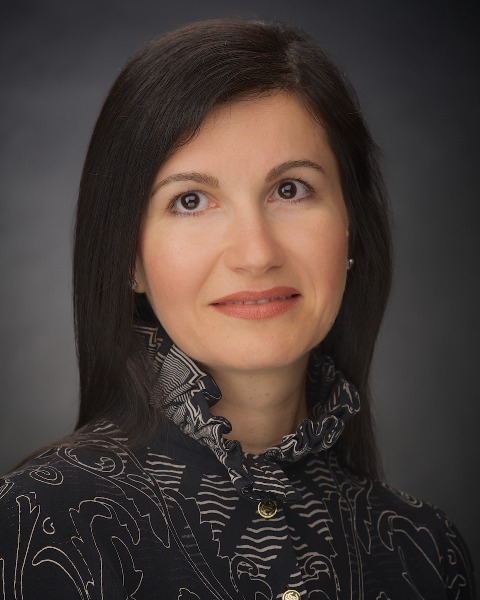
Vania P. Rudolf
MD, MPH, DFASAM
Dr. Vania P. Rudolf is a family and addiction medicine physician who is providing care to pregnant and parenting women with substance use disorder. She has a background in family medicine with OB and has completed Fellowships in Integrative Medicine, Addiction Medicine and High Risk Obstetrics at Swedish Medical Center. She has earned public health training at the UW. Dr. Rudolf continues to be a compassionate advocate for improving kind non-judgmental services and removing barriers to care. Providing compassionate trauma-responsive care to vulnerable birthing people, babies and families is the primary focus of her practice in addition to clinical research related to provider education, clinical outcomes for substance use disorder, transition to MOUD and prescribing policies to optimize safe and adequate postpartum analgesia management.
She is part of the Addiction Recovery Services at Swedish Medical Center, an assistant professor at University of Washington, Seattle, WA and the Chair for the National Womens' Addiction Group related to the American Society of Addiction Medicine. She serves on the maternal mortality review board for the state of Washington and has many years as a practicing clinician.
No relevant financial disclosures.
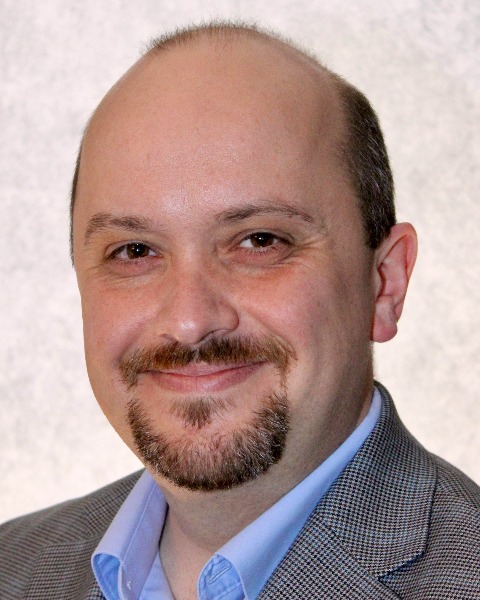
Dennis Hand, PhD
Associate Professor
Thomas Jefferson University
Dennis Hand, PhD, is an associate professor at Thomas Jefferson University's College of Nursing and executive director of the Jefferson Center for Maternal Addiction Treatment, Education, and Research in Philadelphia, Pennsylvania. Dr. Hand is an experimental psychologist specializing in substance use disorders among pregnant and parenting people with specific empases on behavoral psychology, pharmacology, and racial inequities in substance use disorder care. His recent research projects include expanding and improving tretament for stimulant use disorder among pregnant and parenting people and improving the use of methadone during and after pregnancy. Dr. Hand received his PhD in Applied Experiemental Psychology from Central Michigan University and compelted postdoctoral training in Human Behavioral Pharmacology at the University of Vermont.
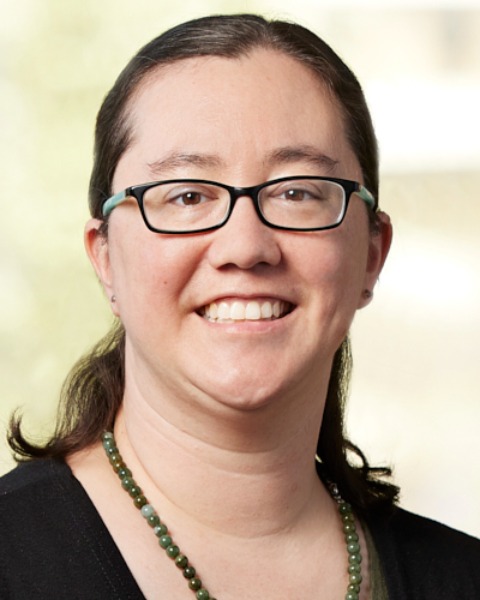
Elisha Wachman, MD
Professor of Pediatrics
Boston Medical Center
Elisha Wachman, MD is a Professor of Pediatrics at Boston University (BU) Chobanian & Avedisian School of Medicine, Vice Chair for Pediatric Research, and attending neonatologist at Boston Medical Center (BMC). She is an internationally recognized leader in Neonatal Opioid Withdrawal Syndrome (NOWS) and substance use disorders (SUDs) in pregnancy, conducting clinical and translational research and leading quality improvement interventions. Her research has included the investigation of pharmacologic treatment regimens for infants with NOWS, optimal approaches to the pharmacologic treatment of pregnant persons with OUD, clinical, genetic, and epigenetic markers of NOWS outcomes, and the examination of long-term childhood outcomes after prenatal opioid exposure. She is currently the principal investigator (PI) on multiple federal and foundation grants related to the treatment of pregnant individuals with OUD and infants with NOWS. From a clinical care and quality improvement perspective, she is one of the co-leads of the Massachusetts Perinatal Neonatal Quality Improvement Network Perinatal Opioid Project (PNQIN POP) and a co-developer of the Eat, Sleep, Console (ESC) NOWS Care tool. Dr. Wachman is also a co-author on the 2023 Academy of Breastfeeding Medicine international clinical guidelines for breastfeeding in the setting of maternal SUDs.
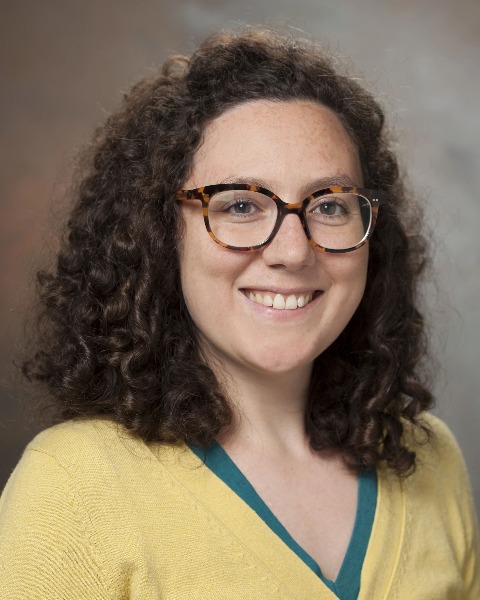
Sharon Ostfeld-Johns, MD
Assistant Professor of Clinical Pediatrics and Internal Medicine
Yale University School of Medicine
Dr. Ostfeld-Johns, MD, IBCLC is an assistant professor of Clinical Pediatrics and Internal Medicine at Yale University School of Medicine. She graduated from Oberlin College with a BA in Politics, received a Post-bacchalaureate Pre-med certificate from Bennington College, and graduated from University of Rochester School of Medicine and Dentistry with her MD. She moved to Yale for internship and residency in Combined Internal Medicine and Pediatrics, and stayed on as faculty after completion of her training. She earned her IBCLC in 2023.
She now works as a Med-Peds hospitalist — spending half her clinical time taking care of hospitalized adults and half taking care of hospitalized kids, including newborns during their birth hospitalization. She is a medical educator and serves as one of the faculty leaders of the Race, Bias, and Advocacy in Medicine distinction pathway for Internal Medicine residents. She has been working in the area of prenatal substance exposure since 2020 and in that time has collaborated with local partners including pediatric hospital medicine colleagues, child abuse specialists, addiction medicine specialists, obstetrician/gynecologists, social workers, a Yale Law School student clinic, the Connecticut Department of Children and Families, community partners and others locally and nationally committed to improving care for families affected by substance use and substance use disorders.
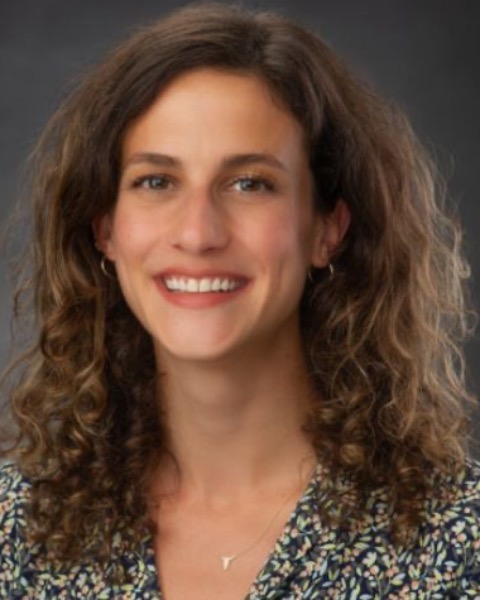
Joanna Poceta, MD
Addiction Medicine Fellow
Swedish Addiction Recovery Services
Joanna is originally from San Diego, CA. She completed medical school at George Washington Universty, then residency in Family Medicine at Swedish First Hill in Seattle. She is currently completing an Addiction Medicine fellowship with the Addiction Recovery Services team at Swedish, with a focus on perinatal substance use disorder and care.
Accreditation & Credit Designation Statements
Joint Accreditation Statement
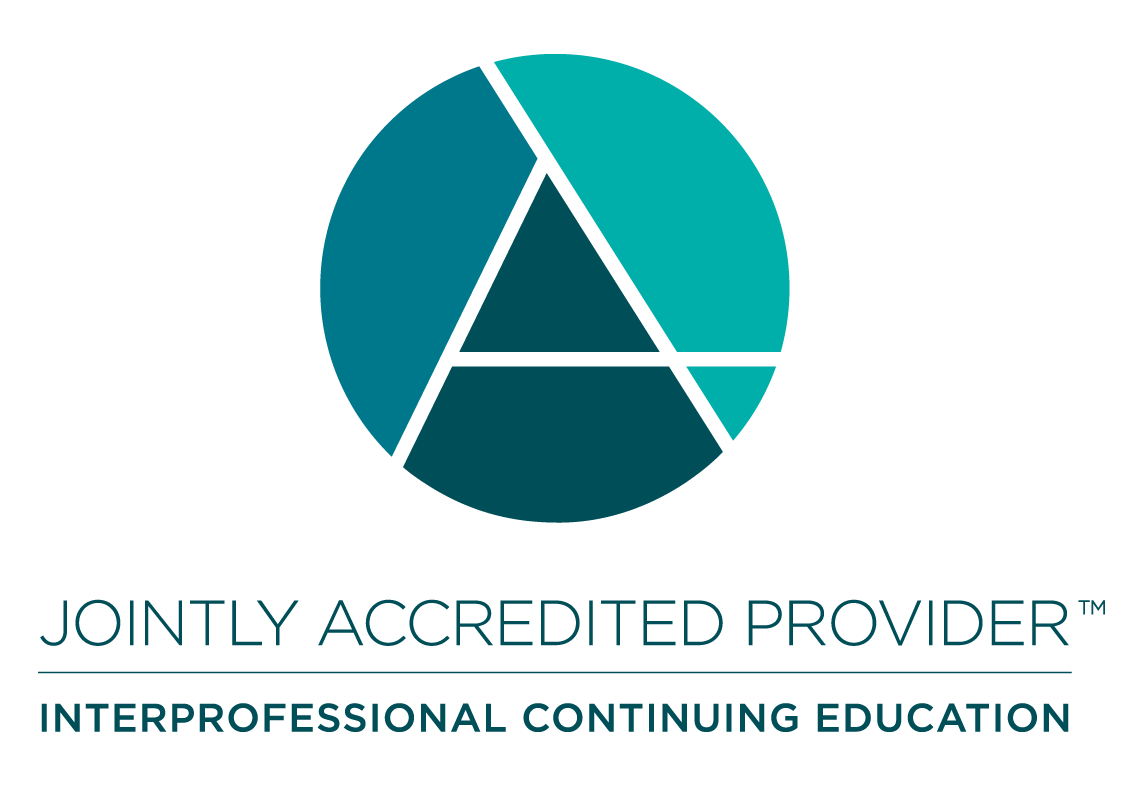
In support of improving patient care, the American Society of Addiction Medicine is jointly accredited by the Accreditation Council for Continuing Medical Education (ACCME), the Accreditation Council for Pharmacy Education (ACPE), and the American Nurses Credentialing Center (ANCC), to provide continuing education for the healthcare team.
Physicians
The American Society of Addiction Medicine designates this enduring material for a maximum of 1.25 AMA PRA Category 1 Credits™. Physicians should claim only the credit commensurate with the extent of their participation in the activity.
Nurses
This activity awards 1.25 Nursing contact hours.
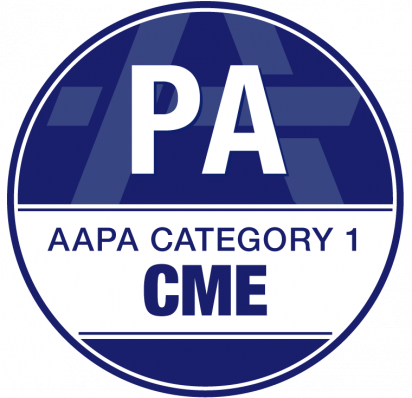
PAs
ASAM has been authorized by the American Academy of PAs (AAPA) to award AAPA Category 1 CME credit for activities planned in accordance with AAPA CME Criteria. This activity is designated for 1.25 AAPA Category 1 CME credits. Approval is valid until 05/06/2027. PAs should only claim credit commensurate with the extent of their participation.
Social Workers
As a Jointly Accredited Organization, ASAM is approved to offer social work continuing education by the Association of Social Work Boards (ASWB) Approved Continuing Education (ACE) program. Organizations, not individual courses, are approved under this program. Regulatory boards are the final authority on courses accepted for continuing education credit. Social workers completing this course receive 1.25 general continuing education credits.
IPCE Credit
This activity was planned by and for the healthcare team, and learners will receive 1.25 Interprofessional Continuing Education (IPCE) credits for learning and change.
California Association for Drug/Alcohol Educators (CAADE)
This educational program is approved by CAADE: #CP40 999 1225.
California Association of DUI Treatment Centers (CADTP)
This educational program is approved by CADTP: #205.
California Consortium of Addiction Programs and Professionals (CCAPP)
This educational program is approved by CCAPP: #OS-20-330-1224.
Continuing Education Credits (CEUs)
Upon completion of the activity and online evaluation, all other participants may request a certificate of participation. Participants may submit this certificate of participation to their professional organization/institute as documentation for completing this accredited continuing activity.
Maintenance of Certification (MOC) or Continuing Certification Programs (CCP)
This activity meets the requirements for MOC/CCP for the following primary physician boards and for state licensing CME requirements. MOC Credit is only reported for ABA, ABP, ABIM, and ABS. By completing the online credit application and evaluation, the learner permits ASAM to report credits to the appropriate Board. Learn more.
- American Board of Medical Specialties (ABMS)
- American Board of Preventive Medicine (ABPM)
- American Board of Internal Medicine (ABIM)
- American Board of Pediatrics (ABP)
- American Board of Surgery (ABS)
- American Board of Psychiatry and Neurology (ABPN)
- American Board of Addiction Medicine (ABAM)
- Royal College of Physicians and Surgeons of Canada (RCPSC)
- Through an agreement between the Accreditation Council for Continuing Medical Education and the Royal College of Physicians and Surgeons in Canada, medical practitioners participating in the Royal College MOC Program may record completion of accredited activities registered under the ACCME’s “CME in Support of MOC” program in Section 3 of the Royal College’s MOC Program.
Disclosure Information
In accordance with disclosure policies of ASAM and Joint Accreditation, the effort is made to ensure balance, independence, objectivity, and scientific rigor in all CME/CE activities. These policies include mitigating all relevant financial relationships with ineligible companies for the Planning Committees and Presenters. All activity Planning Committee members and Presenters have disclosed all financial relationship information. The ASAM CE Committee has reviewed these disclosures and determined that the relationships are not inappropriate in the context of their respective presentations and are not inconsistent with the educational goals and integrity of the activity. Click here to view the full disclosure listing.

